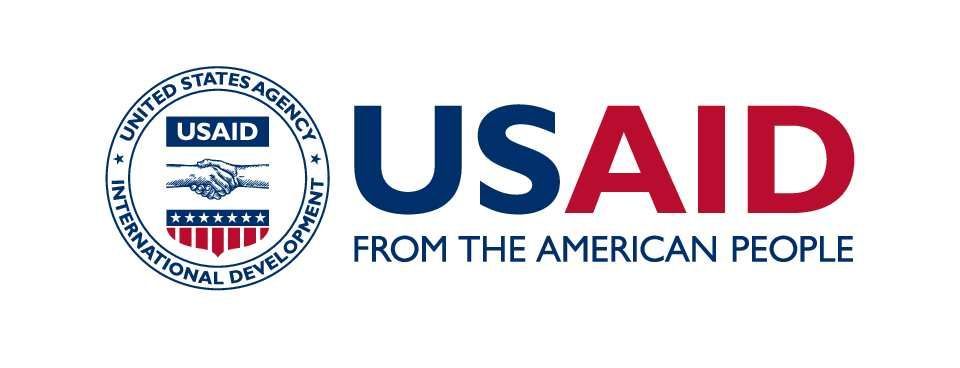KCMC-FCCT Tumor Board May 2023
By Randy Hurley MD, cTropMed
HealthPartners and Regions Hospital Cancer Care Centers
Global Health Faculty, University of Minnesota
May 17, 2023
KCMC-FCCT TUMOR BOARD
The virtual Tanzania-Minnesota tumor board for May 2023 was held last week. (A tumor board was not formally conducted in April 2023 because KCMC cancer center personnel were visiting here in Minnesota.) Four cases were presented that continue to demonstrate the complexity and challenge to cancer care in Tanzania as well as some of the unique cancer presentations encountered.
A case of a 31-year-old man with locally advanced and metastatic colorectal cancer was presented. He required a diverting colostomy and plans were underway for palliative chemotherapy. We have previously discussed in these tumor board posts that there appears to be an early age of presentation of colon cancer in Tanzania. This work from KCMC has previously been published and reviewed in our April 2022 tumor board blog post (Herman et al, JCO Global Oncol 2020;6:375-381.) Little is known about genetic predisposition to colon cancer in Tanzania. The most common form of hereditary colon cancer predisposition in the USA (Lynch Syndrome, which accounts for about 5-10% of colon cancer in the USA) can be screened for with immunohistochemistry for microsatellite instability. These tests are not yet available in Tanzania.
Two cases of soft tissue sarcoma were discussed and pathology reviewed. A 57-year-old with a high-grade uterine sarcoma with lung metastases was receiving palliative chemotherapy. A 31-year-old with a prior upper arm injury had developed a large 10cm soft tissue mass involving the posterior compartment of the arm. A biopsy suggested either an angiofibroma or possibly a low-grade soft tissue sarcoma. Discussion centered on whether the patient should be referred to Dar Es Salaam for pre-operative radiation
The final case showed the unique presentations of cancer in sub-Saharan Africa. A 48-year-old HIV positive woman on antiretroviral therapy presented with a squamous cell cancer of the conjunctiva that had progressed to involve the entire orbit manifesting as a bleeding fungating ocular mass. This required a palliative enucleation of the eye. She also had evidence of bulky 6cm lymph node metastases in the submandibular region. Consideration was being given to neck dissection and palliative chemo-radiotherapy with 5 fluorouracil and cisplatin. Squamous cell cancer of the conjunctive is not routinely seen in the USA but has been described in sub-Saharan Africa in association with HIV pandemic. The exact cause of these locally disfiguring cancers is not known. Speculation has been given to UV sunlight exposure in the setting of immunosuppression. The role of human papilloma virus has not been elucidated. KCMC published its experience with Ocular Surface Squamous Cell Neoplasms in 2010 in Ophthalmic Epidemiology (Epidemiology and management of ocular surface squamous neoplasia in Tanzania – PubMed (nih.gov))


